Mechanical Ideology
UPDATES!
13 December 2022: Thanks for continuing to visit my writing and games on itch.io, I really appreciate it! It came to my attention that this is pretty similar to Jacob Waldemar Buczynski's DSG (Diagnostic and Statistical checklist for Games). I must have played it, because I am a big fan of his games, especially Revenge of the Sunfish, and I frequent his website. While the form is pretty similar, even using the game game engine to make it, I think the content and message is different. Make sure to play DSG and other games of his!
16 June 2021: Whoops! A bug has caused all previous charts to be flipped. Try it out again if you'd like. All comments below, imagine they are flipped 180, so where Competitive Chess would have been libertarian left, it is now authoritarian right.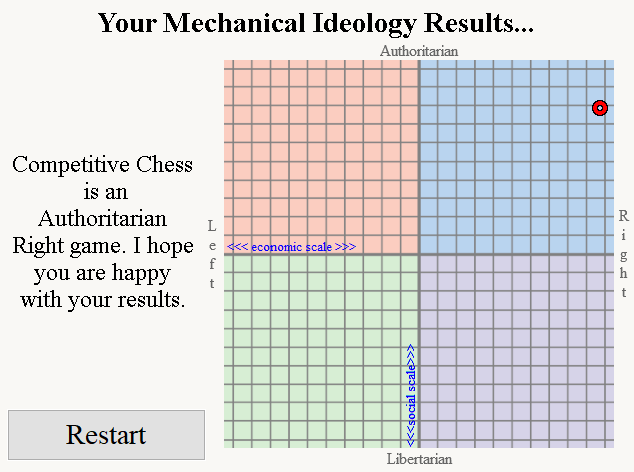
Below are some thoughts in relation to the quiz above relating game mechanics to political systems. If the game that you tested does not result in the ideology mentioned below, you may need to think about how you described the game in the quiz. It's not my fault if your favorite game is fascist. If you think it's my fault, this game & writing is in permanent Alpha, so tell me what I should change.
Games are easily tied to political systems and ideologies as both are frequently seen as based on rules. As colors can be related to symbolic and emotional qualities, the mechanics of games can be linked to governmental positions. Forming a taxonomy to create a symbolic link from game rules to laws and regulations, I will be basing this exercise on The Political Compass. This website features a test which results in an approximation of ideology based on two axes: economic and social. To shed a light on different mechanical systems and how they In my Mechanical Fauvist I will be replacing The economic x axis, which is made up of left (west) and right (east). The social y axis features authoritarian (north) and libertarian (south). For the purpose of approximate mechanical symbolism, this taxonomy will be swapping rightfor ludus (rules based play), left for paidia (free play), authoritarian for a critical path, and libertarian for a non-critical path. To exemplify these qualities, this taxonomy will be justified by examining, comparing, and contrasting select game titles, franchises, and genres in relation to their goals (or lack thereof) and critical path (or lack thereof).
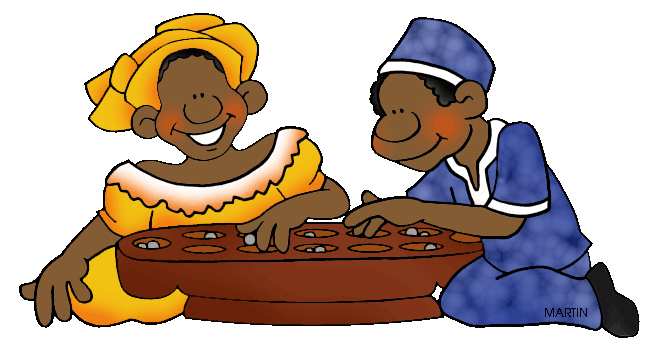
The economic axis of The Political Compass is replaced by ludus and paidia because of their quality in relation to capital and goals. The economic right is reliant on the standard of capital to regulate commerce. This is reflected to ludus in relation to the use or function of capital. In contrast, the further the economic left, the more egalitarian. This egalitarian nature negates the use of things like capital and is reflected in paidia’s reduction of value in relation to the value of game objects. For example, in a mechanically economic right game (ludus), the player can pick up a gun and it can help them get closer to the goal of killing all of the enemies by shooting them. However, in a mechanically economic left game (paidia), you may not be able to pick up the gun at all.

The social axis of The Political Compass is replaced by the sense of critical path. The critical path is the sense of optimal strategy. A clear critical path is a mirror of authoritarian rule. The opposite of a critical path lies in the freedom of choice, which is often exemplified in open-world or sandbox video games as opposed to purely skill based games, puzzles, or other structurally linear elements. Open-world or games without a critical path reflect the freedom of libertarian governments.
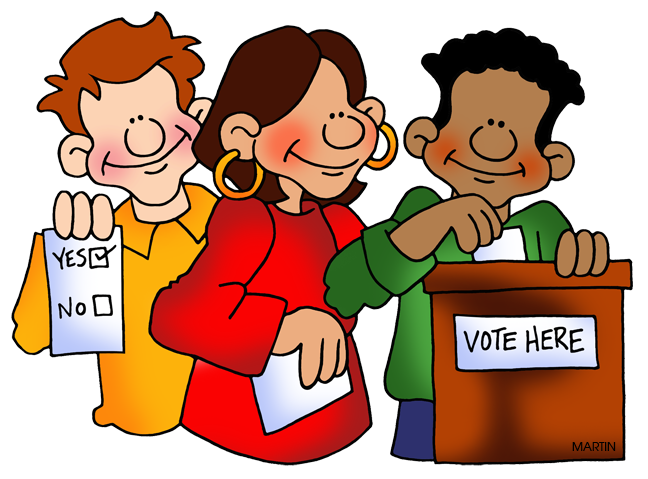
Keep in mind, games that fall on one side or another will all be relative to one another. A good analogy to illustrate this relation of one game to another is the overton window. As the overton window is a reflection of popular political discourse, it can also be used to talk about the relative mechanics of popular games as a whole or games within a genre. For example, the political discourse of mainstream America may be different from political discourse on websites like Twitter, each with their own overton windows. Similarly, the overton window of popular games would be different from games on itch.io which would be different from games on Glorious Trainwrecks. Different social circles and what is popular or discussed amongst them may have different norms.
The overton window and the relation between games discussed here will not be quantified in any scientific way, but as general feeling and often casual knowledge. Some of these games I will be talking about below are games I may not have ever played. There are games that I am going to refer to that I actually have refused to play unless I raise enough money to play them in entirety. I refuse to do any further research on any of these games or play them any further, because, as I will describe later, this act will add fascist value to each game.

Libertarian
To be clear, I will only be referring to games under a mechanical lens rather than one of narrative or cultural value. Games can be culturally or narratively communist, but mechanically libertarian, like 2019’s Disco Elysium. Despite the clarity of the rhetoric in Disco Elysium, it is an open ended goal centric game allowing the player to be expressive in their strategy to unveil specific authored endings. In contrast, games can also be harmonic from their implied rhetoric and mechanical attributes like games in the Grand Theft Auto series.
I do not personally like to play games within the immersive-simulation genre. These game stress me out because there is often too much to do or think about. There is no critical path and I have to do too much thinking for myself in order to play them. These game are often mechanically complex, so they get away with looking ugly and grimy, like Dishonored or BioShock. One libertarian game that I enjoy is Cruelty Squad. I think I mostly like it because it's not an ugly game and maybe the beauty tricked me into confronting mechanics and genres that I typically have a distaste for.
Fascism
Many capital-G-games fall into fascism. Games that are goal oriented with any amount of time pressure. This means every goal based action video game has fascist qualities. The goal posts in Mario games and the ticking timer filling the player with the pressure to grab it is a simple but clear representation of fascism in games. However, in 2D side scrolling Mario games like Super Mario Bros. the player can be expressive with their play. The player does not need to grab all of the coins, or step on all of the Gombas in order to progress and reach the goal. However, the player can introduce restrictions upon themselves in order to make Mario more fascist. Speedrunning competitions are peak fascism of Mario forcing the player to make fewer and fewer playful decisions. Subversions of the fascism of speed running can however be seen in playthroughs where Mario flips back and forth like a dance. However, these subversions have a heightened playfulness and are only surprising because of their acknowledgment of the fascism of speedrunning.
Though some more extreme examples may exist, many rhythm games are peak fascism. Rhythm games often do not need an introduction of player-made restrictions in order to accelerate their fascist mechanical ideologies. Games in the DDR, Guitar Hero, Rock Band, Taiko no Tatsujin: Drum 'n' Fun! Franchises rely on the mix of time pressure and often letter graded precision. These games do not even allow the player the freedom to think about what decisions they make. There are no decisions other than making an exact physical movement at a specific time. Guitar Hero gives the player the reward of star power, which allows the player to play notes with whichever arbitrary buttons they press. This reward is the reward of play and freedom in an otherwise oppressive fascist system. In relation, PaRappa the Rapper allows the player to freestyle rap, which adds a sense of play, but does not allow the player to express themselves in a different way to achieve their goal. PaRappa is an anarchistic in relation to the fascist overton window of rhythm games.
In Tim Rogers’s video on Pac-Man, he describes why the original Pac-Man is better than the successor, Ms. Pac-Man. One of the qualifications that he makes is that the focus of design is heightened by the predictability of the AI. Predictability creates a stronger critical path, whereas the randomness introduced to Ms. Pac-Man makes the critical path less clear. Especially because the critical path is strengthened as players become more highly skilled, the fascist qualities increase. So, when people say that they like Ms. Pac-Man more than Pac-Man, they may be responding to the replacement of fascist mechanics for more libertarian mechanics.
While an amount of fascism may end up creating flow like game structures, it is important to distinguish fascism in a game world versus fascism in reality because consequences do not exist just in the magic circle. Is the anxiety that one may find in playing a game like DayZ the anxiety that someone wants to feel in real life? If Proteus is a game that mechanically represents qualities of post-scarcity, is that a satisfying or realistic world that people live in?

Communism
Games that are frequently not qualified as games by Gamergaters seem to frequently fall into the upper left quadrant of this taxonomy, ‘walking simulators’ being a key perpetrator. Walking sims have the implicit goal of exploration. Similar to jigsaw puzzles, their completion is not met through much meaningful choice when it comes to completing the game as a whole, but more as aesthetic appreciation of the form. Many types of puzzles that can be completed in a playful way occupy this space.
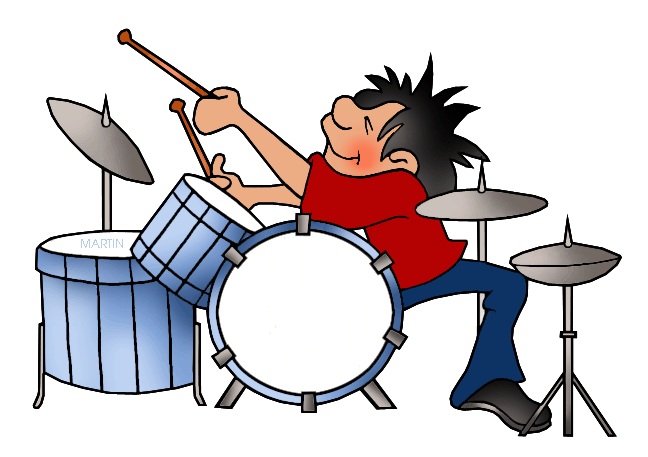
Anarchism
Creative tools and games where the focus is on making creative works frequent the quadrant of anarchy. Games at the extremes of this space tend to have no goal or consequence for actions. The further the game is open for expression, the more anarchistic it becomes. Making software in assembly is an example of an anarchistic game, though because of the extreme qualities of this activity, may not be recognized as a game at all. Something that is more along the edges of feeling like a game, though still at extreme ends is the world of Second Life. Though Second Life has the currency of Linden dollars, they do not impose on any goal as there is no stated goal of Second Life.

Take the test above if you have 5-10 free minutes and you would like to see where a favorite game falls within Mechanical Ideology. The questions are based on ideas and mechanics within the realm of popular games, from board games to Pac-Man. You can test anything, even your favorite dating application! The questions are also formed as game approximations of the questions found in The Political Compass. There has been no scientific testing, but there has been testing on what feels accurate. If the results for a game that you like do or do not feel accurate, let me know in the comments.
Taking the test will not only be representative of the game that you picked to test, but also of how you perceive your tested game. Feel free to compare and contrast the results with others and discuss why you think one result may be more accurate than the other. If you want to know more about the process of what the questions are and what they do, or if you'd like to make a similar quiz, here is a Google Sheet that you can copy to alter and make tests of your own. If you have any suggestions of what to change, let me know.
Lastly, remember to have fun. Thank you for playing and or reading.
| Status | Released |
| Platforms | HTML5 |
| Rating | Rated 4.3 out of 5 stars (4 total ratings) |
| Author | BLA? |
| Genre | Educational |
| Tags | anarchist, communist, fascist, libertarian, personality, political, Quiz, satire, test |
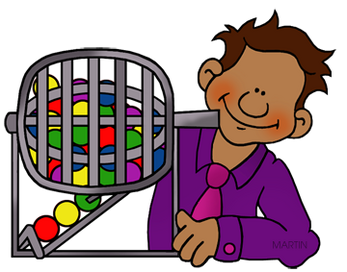
Comments
Log in with itch.io to leave a comment.
Genshin Impact is a libertarian right game
i always knew Super Mario 64 was a extreme right wing game
Hey, thanks for this very mindful and saviorish compass it reminded me a lot the DSG (Diagnostic and Statistical checklist for Games) by Jacob Waldemar Buczynski aka Jinxtengu, you surely know about it..
Sometimes I'm thinking you are the same person because of your art are like the two opposite facette of the saim coin toss to me
After I made this, I forget if someone told me or if I was just on his page, but I saw DSG and was like, wtf did I accidentally copy this or like store it in the depths of my thoughts? I must have seen it, because it looks like it's been up since 2016, and I've been to his website a bunch. 100% not an intentional steal, but it sure looks like it especially because we both used a bunch of funny default Clickteam objects.
My main source of inspiration was jREG's anti-centrist videos, other Political Compass memes from the time, and how academic websites with dated web design look. I do love Jacob's games however, Revenge of the Sunfish is for sure one of the most inspirational games to me! I think we also share a common inspiration in Kimberly Kubus.
halo ce is a left libertarian game.. i never knew.. thank you for this!
btw i think maybe ludus/paidia vs left/right are backwards in the first paragraph?
Thanks for playing and reading. Thanks for the correction!
this game is an authoritarian left game
fair
I attempted to see the ideology of Trivia Night at my local bar. I was unsure what answers to put many times but ended up with slightly libertarian left.
Sorry, the chart was flipped for the first day, it's actually fascist. I'd say all trivia and word based puzzles like that are some of the most fascist games ever. At a bar trivia near me, the host is called "The Trivia General"!
Pathologic as Left Libertarian is interesting. I struggled with some of the questions to know how meta it was fair to go. Reading the descriptions it sounds pretty accurate though.
Sorry, the chart was flipped for the first day, it's actually fascist.
Oh beans
took this twice with tetris in mind, once before reading the description and once after. expected it to be far left, middle-ish vertically (heavily rules based, hard to identify a single critical path), but got slightly left libertarian both times. good quiz!
Thanks for playing! I think the real time quality makes this puzzle game very expressive.
Scribblenauts is weakly authoritarian right (based on my answers)
Sorry, the chart was flipped for the first day, it's actually anarchist(which makes sense even if it's a puzzle game[fascist]).
Dragon Quest 3 got far left low authoritarian. Usually when I describe the game, it makes it seem totally fascist lol but I think the questions I answered about art and narrative and choice bumped it over ~
Akira Toriyama's art makes it not fascist.
lol yesss
So The binding Of Isaac is Fascist (edit : corrected because the chart was flipped)
Sorry, the chart was flipped for the first day, it's actually fascist.
Loved it ! I never suspected Tony Hawk Pro Skater 3 to be moderate right ultra libertarian
Sorry, the chart was flipped for the first day, it's actually communist? I'm interested in how you answered this, because I feel like it probably is Libertarian, but I can see that someone would play it more for the music/aesthetic of it all.